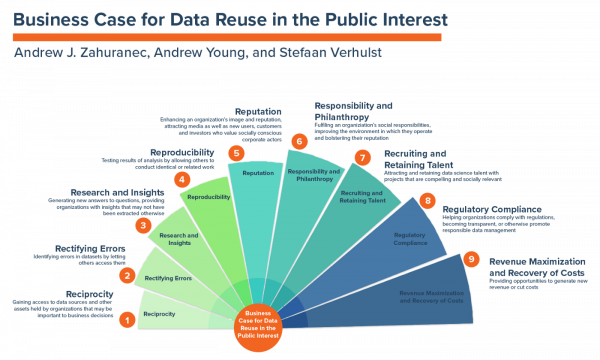The Lancet: “If you have followed the news on digital technology and health in recent months, you will have read of a blockbuster fraud trial centred on a dubious blood-testing device, a controversial partnership between a telehealth company and a data analytics company, a social media company promising action to curb the spread of vaccine misinformation, and another addressing its role in the deteriorating mental health of young women. For proponents and critics alike, these stories encapsulate the health impact of many digital technologies, and the uncertain and often unsubstantiated position of digital technologies for health. The Lancet and Financial Times Commission on governing health futures 2030: growing up in a digital world, brings together diverse, independent experts to ask if this narrative can still be turned around? Can digital technologies deliver health benefits for all?
Digital technologies could improve health in many ways. For example, electronic health records can support clinical trials and provide large-scale observational data. These approaches have underpinned several high-profile research findings during the COVID-19 pandemic. Sequencing and genomics have been used to understand SARS-CoV-2 transmission and evolution. There is vast promise in digital technology, but the Commission argues that, overall, digital transformations will not deliver health benefits for all without fundamental and revolutionary realignment.
Globally, digital transformations are well underway and have had both direct and indirect health consequences. Direct effects can occur through, for example, the promotion of health information or propagating misinformation. Indirect ones can happen via effects on other determinants of health, including social, economic, commercial, and environmental factors, such as influencing people’s exposure to marketing or political messaging. Children and adolescents growing up in this digital world experience the extremes of digital access. Young people who spend large parts of their lives online may be protected or vulnerable to online harm. But many individuals remain digitally excluded, affecting their access to education and health information. Digital access, and the quality of that access, must be recognised as a key determinant of health. The Commission calls for connectivity to be recognised as a public good and human right.
Describing the accumulation of data and power by dominant actors, many of which are commercial, the Commissioners criticise business models based on the extraction of personal data, and those that benefit from the viral spread of misinformation. To redirect digital technologies to advance universal health coverage, the Commission invokes the guiding principles of democracy, equity, solidarity, inclusion, and human rights. Governments must protect individuals from emerging threats to their health, including bias, discrimination, and online harm to children. The Commission also calls for accountability and transparency in digital transformations, and for the governance of misinformation in health care—basic principles, but ones that have been overridden in a quest for freedom of expression and by the fear that innovation could be sidelined. Public participation and codesign of digital technologies, particularly including young people and those from affected communities, are fundamental.
The Commission also advocates for data solidarity, a radical new approach to health data in which both personal and collective interests and responsibilities are balanced. Rather than data being regarded as something to be owned or hoarded, it emphasises the social and relational nature of health data. Countries should develop data trusts that unlock potential health benefits in public data, while also safeguarding it.
Digital transformations cannot be reversed. But they must be rethought and changed. At its heart, this Commission is both an exposition of the health harms of digital technologies as they function now, and an optimistic vision of the potential alternatives. Calling for investigation and expansion of digital health technologies is not misplaced techno-optimism, but a serious opportunity to drive much needed change. Without new approaches, the world will not achieve the 2030 Sustainable Development Goals.
However, no amount of technical innovation or research will bring equitable health benefits from digital technologies without a fundamental redistribution of power and agency, achievable only through appropriate governance. There is a desperate need to reclaim digital technologies for the good of societies. Our future health depends on it….(More)”.


